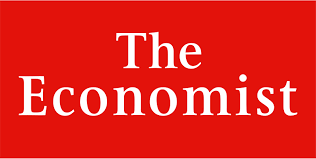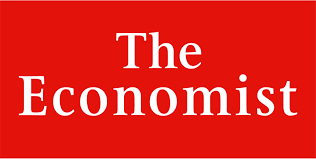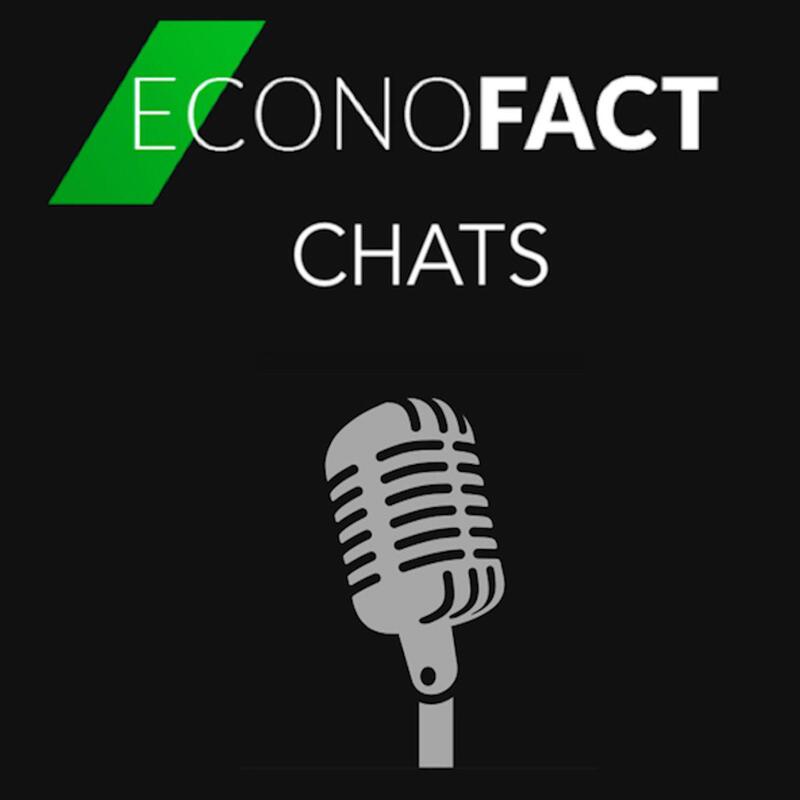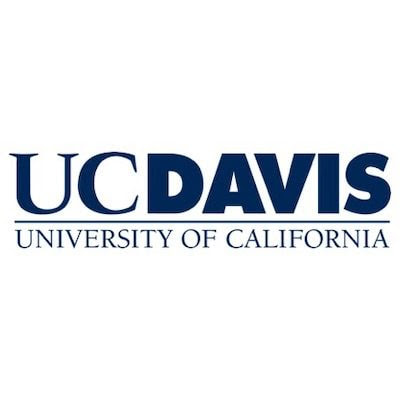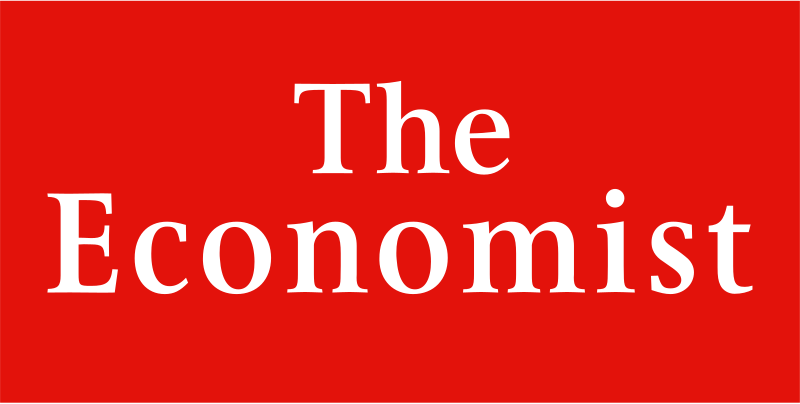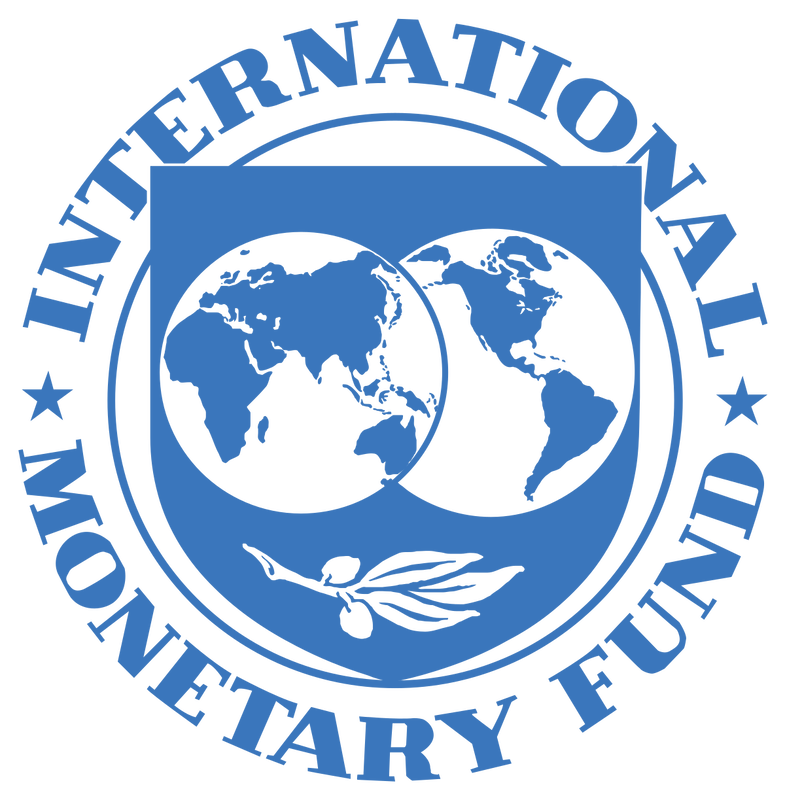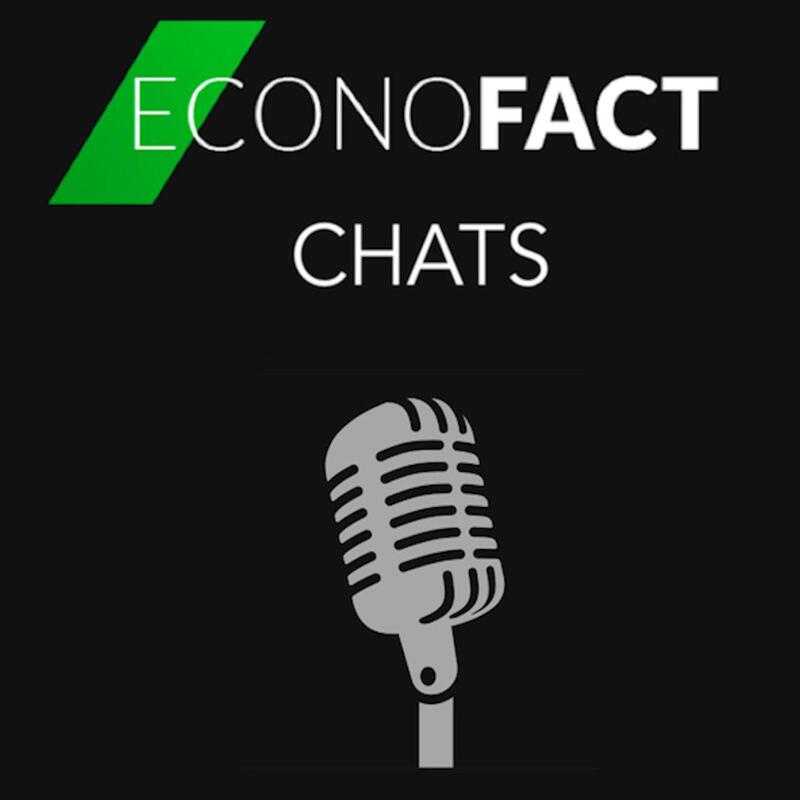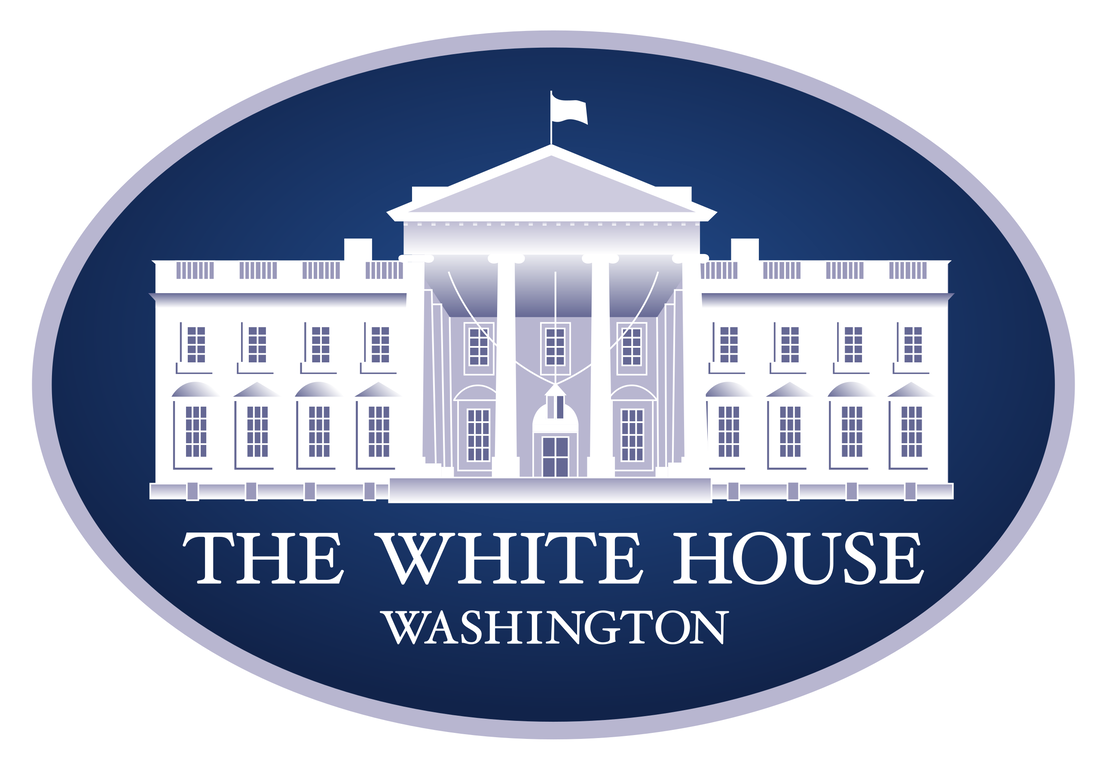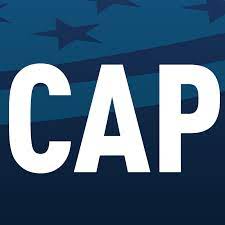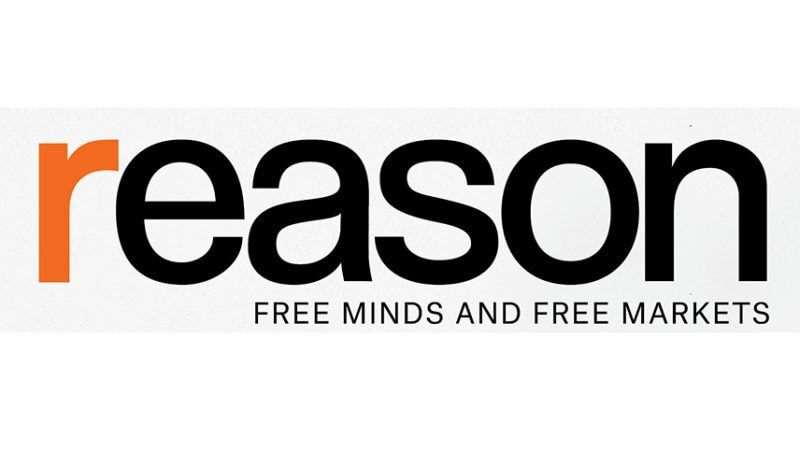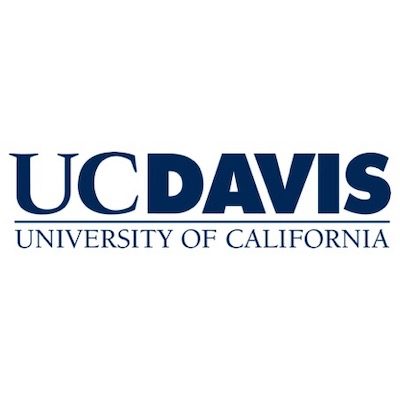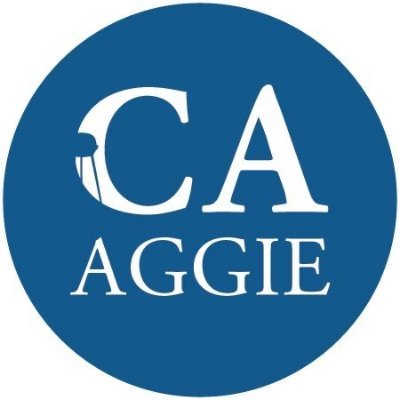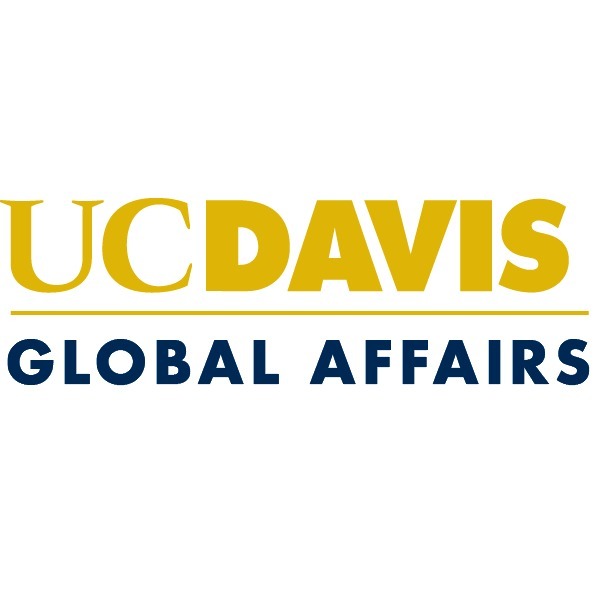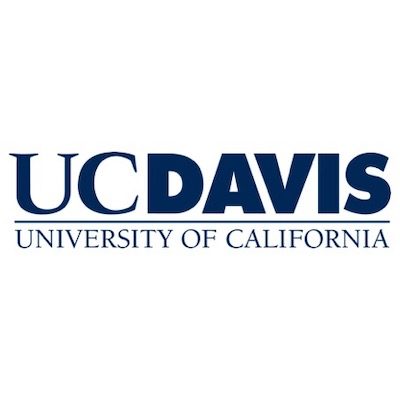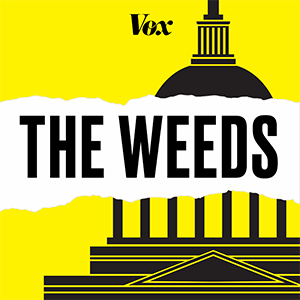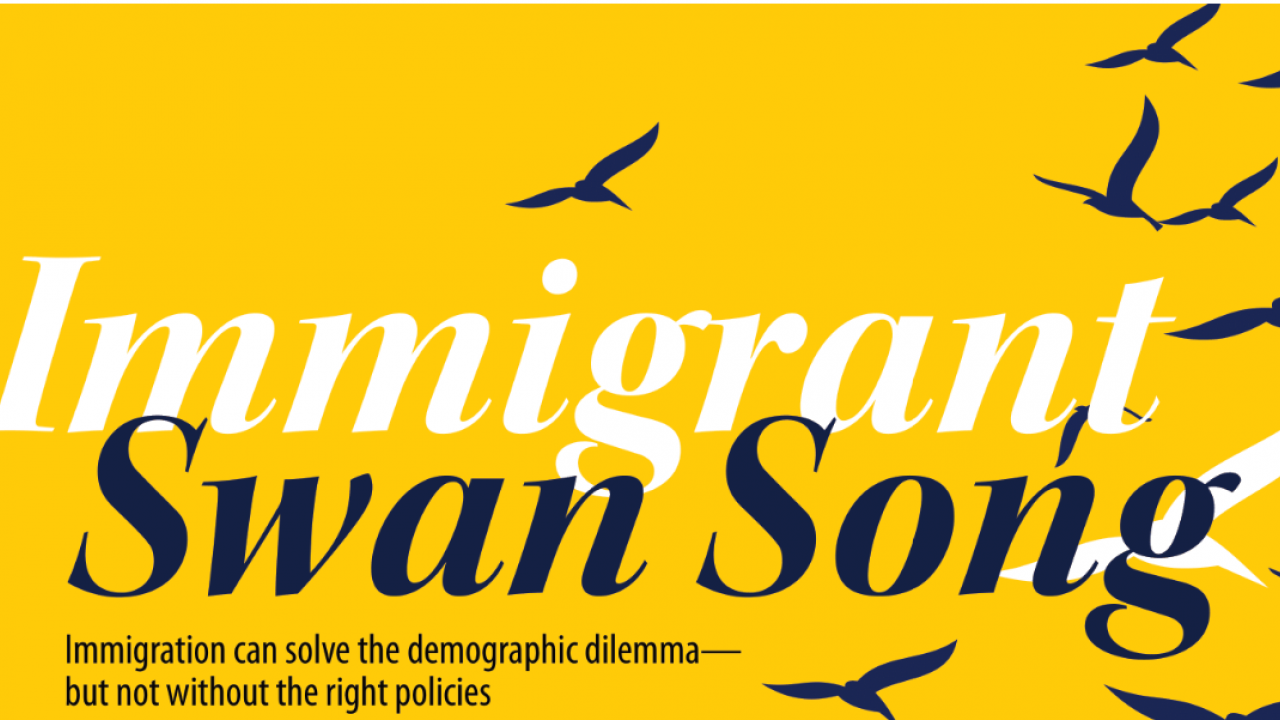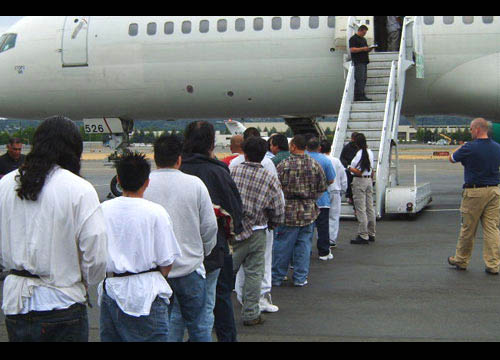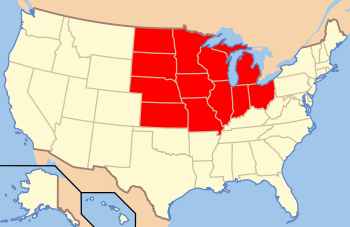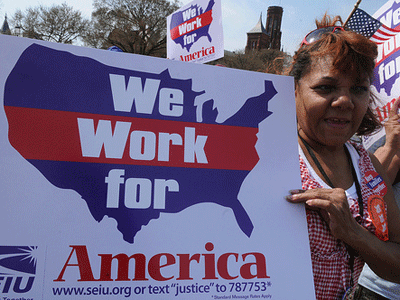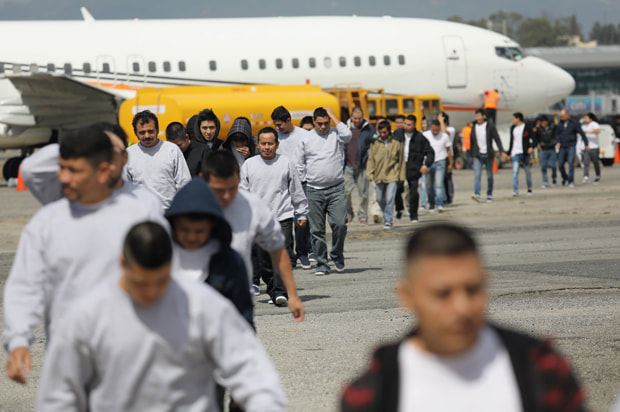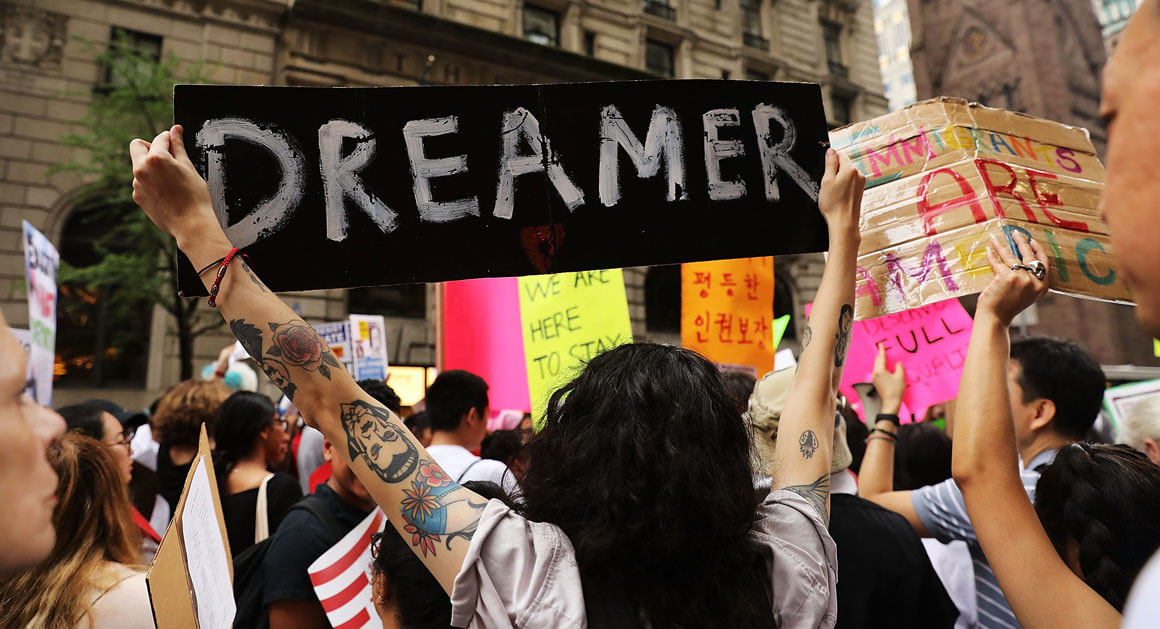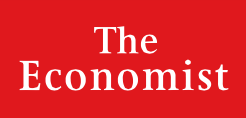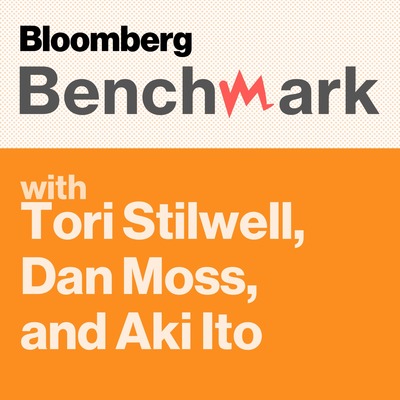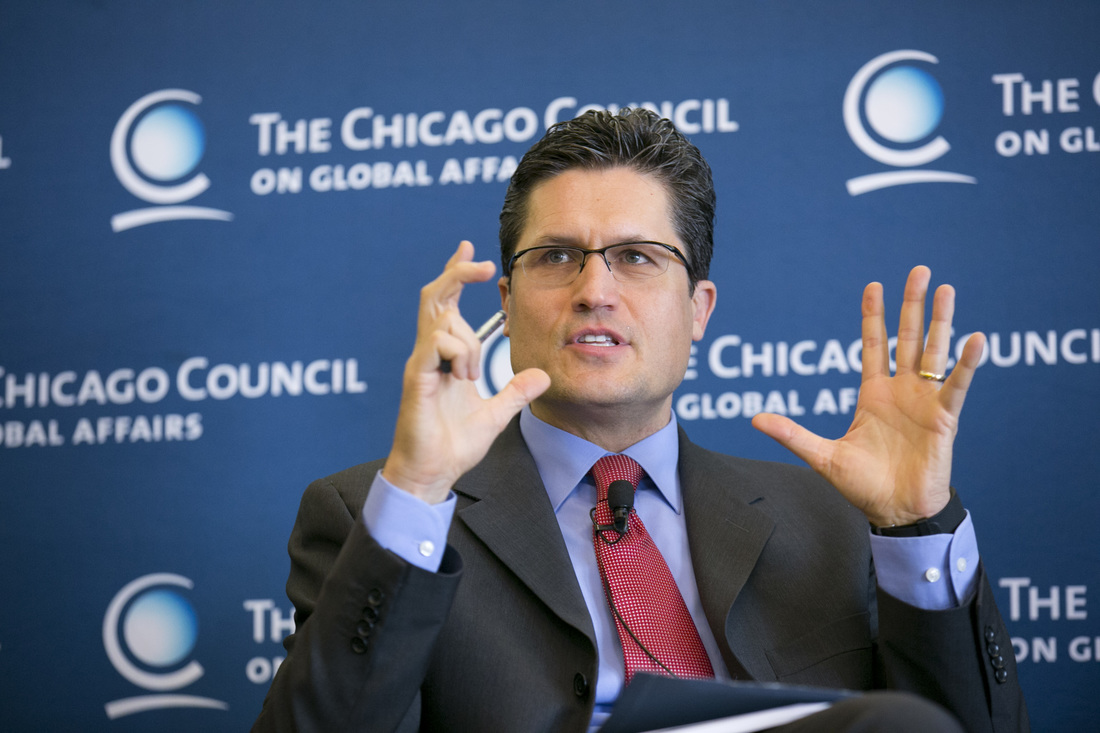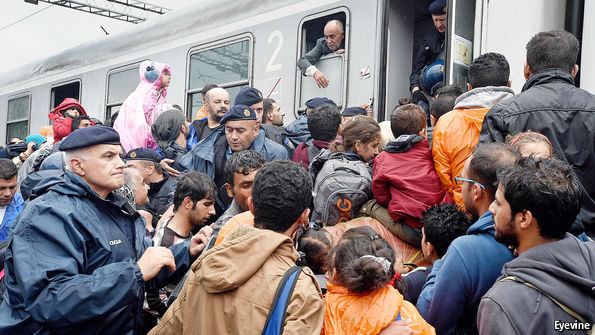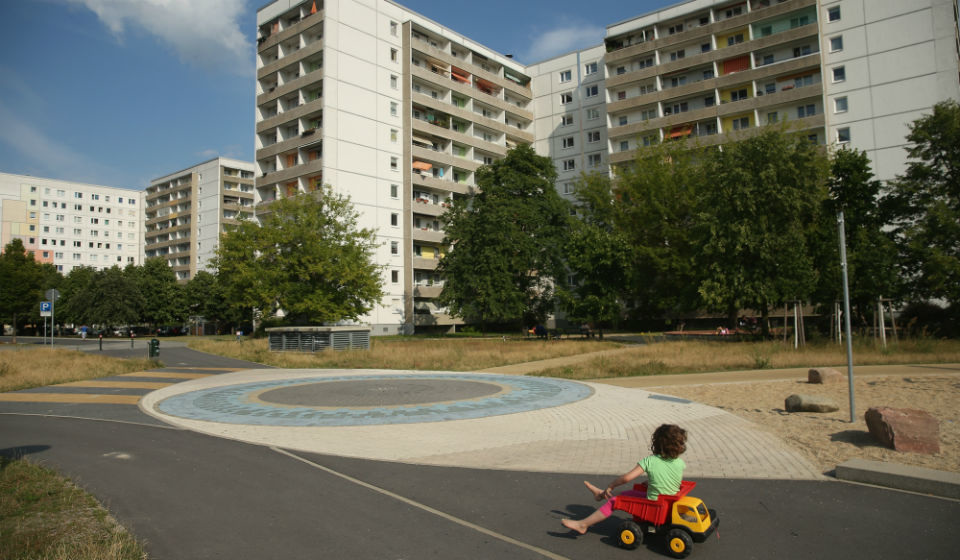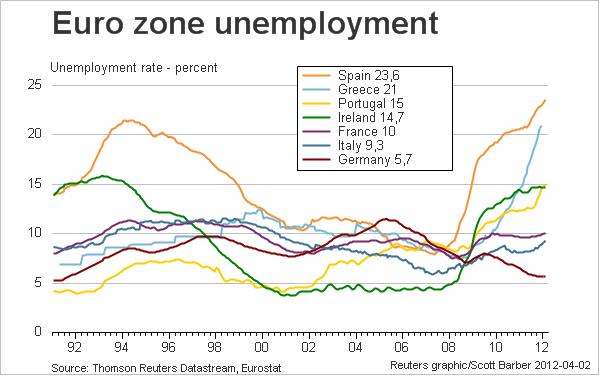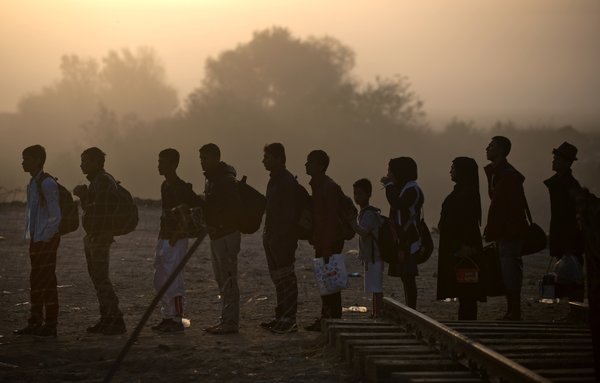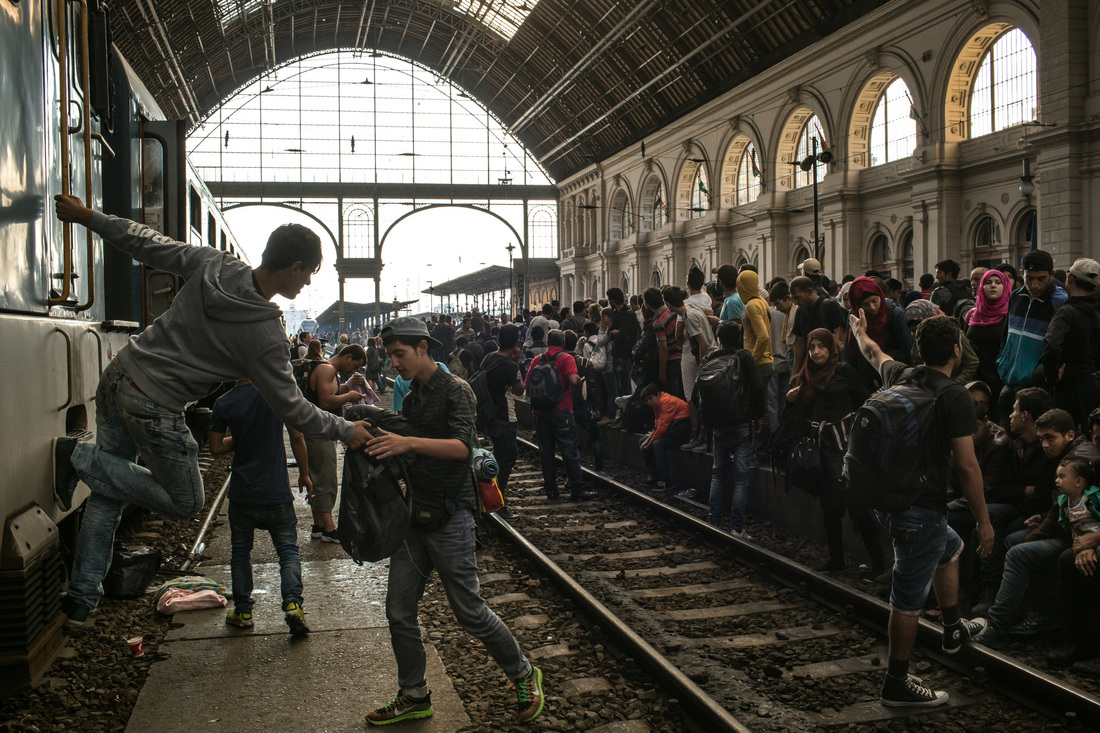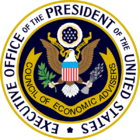|
Immigration and the Economy
(Jul 7th, 2024) |
|
Legal immigration to America has rebounded
(Jun 18th, 2024) |
|
The Immigration Story Nobody Is Talking About
(Jun 10th, 2024) |
|
Immigration is surging, with big economic consequences
(Apr. 30th, 2024) |
|
Educated foreign workers face work-visa challenges
(Aug. 22nd, 2023) |
|
As Politicians Cry ‘Crisis,’ Some Migrants Are Finding Their Way (Jul. 13th, 2013) |

Migration of Central American Minors to the United States
(Jun. 6th, 2023)
(Jun. 6th, 2023)
|
Economists Say Increasing Immigration Will Reduce Inflation
(May 4th, 2023) |
|
Immigration is slowly increasing after a stark pandemic drop
(Apr. 10th, 2023) |
|
Immigration and the Shortage of American Workers
(Apr. 2nd, 2023) |
|
New USCIS Data Show H-1B Denial Rates Remain Low
(February 7th, 2023) |
|
Has the drop in immigration contributed to inflation?
(January 20th, 2023) |
|
America needs immigrants to solve its labor shortage
(December 22nd, 2022) |
|
Trump's Immigrant Crackdown Left A Critical Shortage Of Workers In U.S. Economy
(December 15th, 2022) |
|
Trump, covid slowed down immigration. Now employers can't find workers.
(December 15th, 2022) |
|
Research Finds International Students Become Valuable Immigrants
(December 8th, 2022) |
|
Fed Chair Finds Trump-Era Immigration Policies Still Harm Economy
(December 5th, 2022) |
|
The Contribution of International Students to US Labor Supply
(December 1st, 2022) |
|
The Economic Benefits of Extending Permanent Legal Status to Unauthorized Immigrants
(September 17th, 2021) |
|
Why banning RSE workers here won't improve wages for local agricultural workers
(December 18th, 2020) |
|
Evidence That New Tariffs, Not Immigrants, Are Costing Jobs
(June 11th, 2018) Giovanni Peri's research on the impact of new less-educated workers vs native workers in the Marshall-DeKalb area of Alabama referenced by Forbes. |
|
How Trump and Sessions cherry-picked data to blame immigrants for lower wages
(April 30th, 2018) Public Integrity referenced Giovanni Peri's research in a recent article on how Trump and Sessions picked data to blame immigrants for lower wages. |
|
Want to restrict immigration? To fill jobs, Wisconsin may need more immigrants, not fewer
(April 24th, 2018) Journal Sentinel referenced Giovanni Peri's research in a recent article on whether immigrants have long brought value to the American economy. Should their value increase as Wisconsin and the Midwest face the potential of a labor crunch? |
|
Anthony Patrick O'Brien: Why immigration is good for the U.S. economy
(February 6th, 2018) Gianmarco Ottaviano's (London School of Economics) and Giovanni Peri's research on why immigration is good for the U.S. economy, is referenced in The Morning Call. |
|
Trump Wants to Remove These Immigrants. An Ugly Bit of History Tells us What it Could Do to the Economy
(January 10th, 2018) The Washington Post featured Giovanni Peri's research on the potential economic fallout of the Trump administration’s decision to terminate the residency permits of those who are granted the Temporary Protected Status (TPS) in the United States. |
|
Bank of America CEO Warns Immigration Crackdown Could Crimp Economy
(November 16th, 2017) The Street featured Giovanni Peri's comments on Moynihan and US immigration achievement in over past 30 years. |
|
Expelling Immigrant Workers May Also Send Away the Work They Do
(October 24th, 2017) Research by Giovanni Peri with current and past graduate students Annie Hines, Vasil Yasenov and Jongkwan Lee, about the economic effect of apprehensions and deportation of undocumented immigrants is discussed in a New York Times article |
|
Mass Deportation Is a Lose-Lose Proposition
(October 5th, 2017) Bloomberg 'View' featured Giovanni Peri and two graduate students research on costs of deportations. |
|
How 'Dreamers' and Green Card Lottery Winners Strengthen the U.S. Economy
(September 18th, 2017) Fortune features immigration research of Giovanni Peri and Chad Sparber in discussion of how current immigration reform may hurt the U.S. economy. |
|
True conservatives would let Dreamers stay in the US—to avoid wasting billions of taxpayer dollars
(September 15th, 2017) Giovanni Peri's comments on Dreamers' stay in the U.S. |
|
The Economic Cost of Repealing DACA
(September 11th, 2017) Giovanni Peri analyzes the issue of whether or not this statement has any support in facts and research behind this, explicitly economic-based, justification for repealing DACA. |
|
Fewer Immigrants Mean More Jobs? Not So, Economists Say
(August 3rd, 2017) The New York Times recently covered Professor Giovanni Peri research on the Trump administration which recently embraced a proposal to sharply restrict and reorient legal immigration to the U.S. |
|
There's no Evidence that Immigrants Hurt any American Workers
(June 26th, 2017) The Vox recently covered research by Giovanni Peri and Vasco Yasenov regarding the effect of Cuban refugees on wages in Miami, revisiting an episode that is producing academic controversy between them and George Borjas of Harvard. |
|
Giovanni Peri's immigration research highlighted in the Wall Street Journal, Economist
(June 6th, 2017) The Wall Street Journal and The Economist covered recent research by Giovanni Peri and Vasco Yasenov as part of a Mariel boatlift debate over the impact of immigration on local wages. Read the Wall street feature here and Economist feature here. |
|
Immigration and economic growth in the US, 2000-2015
(March 16th, 2017) In this Blog Post I present some simple and less known fact about immigration and growth in the US. Read the post here |
|
Giovanni Peri quoted on immigration in the New Yorker
(March 16th, 2017) The New Yorker's piece discussed the foreign workers of Mar-a-Lago, a club owned by President Trump, and the consequences of ending the H1-B program. |
|
Trump's push for 'merit-based' immigration may not deliver the benefits he expects
(March 16th, 2017) This proposed system will end the decades-long policy of preferring family members of US citizens and permanent residents. |
|
Impact of Immigration on the Economy
(March 14th, 2017) Giovanni Peri was recently featured in a Los Angeles Times column that compared his views with that of Harvard professor, George Borjas. Professor Peri sees immigration as an asset to the American economy while Professor Borjas sees it as a drain. |
|
The economic costs and impacts of immigrants on the workforce
(March 7th, 2017) The interview focused on the economic impact of the clampdown on undocumented migrants by the administration of President Donald Trump. |
|
The Effects of Immigrants on the Labor Market
(October 11th, 2016) The article discussed how economic migrants are seen as a threat to jobs and the welfare state. In contrast, Professors Peri and Ottaviano's research find that for workers with at least a high-school qualification, the wage effects of low-skill immigration are actually positive if certain assumptions are dropped. |
|
Giovanni Peri discusses the effects of an improved labor market on incomes of Hispanic families on the Washington Post
(September 9th, 2016) The report showed the greatest improvement in the typical American family's finances on record, and Professor Peri commented on why. |
|
Donald Trump Speaks With Forked Tongue on Immigration
(July 28th, 2016) The Fiscal Times recently referenced immigration research from Professor Giovanni Peri for an article, "Donald Trump Speaks with a Forked Tongue on Immigration." |
|
Giovanni Peri's research quoted in Politico article on the demagoguery in campaigns
(May 19th, 2016) Professor Giovanni Peri's research for the Bloomberg News was recently cited in a Politico article, which discussed the demagoguery in the 2016 presidential campaigns. |
|
Giovanni Peri's research on refugees and the job market featured in Policy Mic article
(May 3rd, 2016) Professor Giovanni Peri's research with Professor Mette Foged (University of Copenhagen) was recently featured in an article published on Mic. |
|
The Economic Effects of Immigrants on Bloomberg Benchmark.
A conversation with Victoria Still well and AkiIto. (July 7th, 2016) In a conversation with Radio hosts Stillwell and Ito I talk about several different aspects of Immigration and the US economy. Listen to the Podcast here |
|
Chicago Council of Global Affairs
(April 15th, 2016) Together with the Chicago Council on Global Affairs, in a paper with Gaetano Basso, we analyzed some new data on the economic effects of our nation’s inability to retain foreign-born talent in local economies. In particular we focus on the low college to employment transition percentage of the group of F1-visa students and we calculate what would be the gain for a US states, in terms of wage income, if F1 students could work locally. The study was released on April, 15th, 2016. Read the full report here. |
|
Media report shows the 2016 predictions by Kevin Johnson, Giovanni Peri, and other UC Davis faculty were well-received
Temporary Migration Cluster | February 2, 2016 The media report showed that the vast majority (82%) of the traffic was referred to the new page through the UC Davis homesite. The user engagement was also above average, with viewers spending almost 3 minutes on the predictions. |
|
For Good or Ill
The Economist | January 23, 2016 The Economist analyzes the likely impact of refugees on European Wages and public finances and cites my research with Mette Foged, which is forthcoming in the American Economic Journal. |
|
New Evidence on Immigrants and Jobs
Wall Street Journal | January 12, 2016 A large influx of Cubans to Miami did not depress the wages or employment of low-skill American workers. My Op-Ed with Vasil Yasenov on the Wall Street Journal. |
|
Germany Is Housing Refugees in Communist Ghost Towns
Foreign Policy | January 6, 2016 Foreign Policy analyzes the impact of housing refugees in German modernist apartments built during the Communist era. It cites my findings regarding immigrant transitions. |
|
More immigrants could mean slightly lower wages in blue-collar jobs
Washington Post | January 6, 2016 This piece by Max Ehrenfreund analyzes the effect of immigrants on the job market and wages. It features one of my working papers, "The Effect of Immigrants on Productivity: Evidence From US States." |
|
How does climate change affect migration?
World Economic Forum | November 23, 2015 The connection between increasing temperatures and migration is complex. A crucial insight is that by impoverishing rural populations and worsening their income perspectives, long-term warming affects migration in different ways, depending on the initial income of those rural populations. A decline in agricultural productivity, causing a decline in rural income, seems to have a depressing effect on the possibility of emigrating in extremely poor countries where individuals live on subsistence income. In this case, global warming may trap rural populations in local poverty. In contrast, in countries where individuals are not extremely poor, a decline in agricultural income strengthens the incentives to migrate to cities or abroad. |
|
Labour versus leisure preferences and employment in Europe
VOX.eu| Published on October, 15th, 2015 This column on VOX.eu summarizes my work with Simone Moriconi on culturally transmitted preferences for work. Country-specific preferences for work are found to have a positive effect on emigrants’ labour market outcomes, with those from countries with an above-average preference for work having higher employment rates abroad. Cultural preferences are significant enough that EU countries may never converge to the same employment rate. |
|
Europe Should See Refugees as a Boon, Not a Burden
New York Times editorial|Published on September 19th, 2015. This Editorial of the New York Times argues that refugees are an economic boon. The piece cites two recent studies from my research with M. Battisti, G. Felbermayr and Panu Poutvaara of University of Munich and with Mette Foged of University of Copenhagen |
|
A Migration Juggernaut Is Headed for Europe
by Eduardo Porter | Published on the NYT, September 15th, 2015 NY Times columnist Eduardo Porter lays out the perspectives for immigration in Europe. He emphasizes what great potential economic asset migrants could be. But planning and the right policies are needed for those immigrants to integrate. He cites my recent research with C. Ozden (World Bank) and F. Docquier (Universite' Catholique de Louvain) showing positive economic effects of immigrants in OECD countries. |
|
The Big Myth About refugees
by Ana Swanson | Published on the Washington Post, September 10th, 2015. Journalist Ana Swanson of the Washington Post discusses the Economic effects of refugees. She emphasizes how most research in economics finds that they contribute to the economy and stimulate local labor markets with gains for natives as well. She cites extracts from an Interview with me and she discusses results of my research on Refugees in Denmark. |
|
The Labor Market Effects of Opening the Border to Immigrant workers
by Andreas Beerli and Giovanni Peri | Published in VOX.eu, on August 17th 2015 The case for immigration restrictions is periodically debated in the political arena. This column shows that fully opening the border to neighbouring countries increased immigrants to Switzerland only by 4% of the labour force over eight years. Such an increased inflow did not have significant aggregate effects. Highly educated workers, however, benefited in terms of higher wages, while middle-educated ones experienced employment losses |
|
The Nexus Between Immigration, Trade and Productivity in Services
by Gianmarco I.P. Ottaviano, Giovanni Peri, and Greg C. Wright | published in VOX.eu on 17 June 2015 International trade in services and immigration are among the fastest growing aspects of globalisation. Using UK data, this column explores the links between these phenomena. Immigrants promote exports of final services to their home countries, while also reducing imports for some intermediate services, and bringing productivity gains to the labour market. In designing immigration policies, it is important that the potential impact on exports and offshoring activities are carefully considered. To read the column, click here. |
|
Presentation at the Barcelona Graduate School Summer Forum
published in the Barcelona GSE on 29 June 2015 Presenting as an invited speaker at the Barcelona Graduate School Summer Forum, Giovanni Peri talks about his recent paper on the effect of Danish Refugees on Labor Market outcomes of natives. To watch the full video of the event, click here. To read the paper presented in the forum, click here. |
|
Debunking the Myth of the Job-Stealing Immigrant
by Adam Davidson | published in the New York Times on 24 March 2015 Professor Giovanni Peri of the University of California, Davis has shown that immigrants tend to complement — rather than compete against — the existing work force. According to the New York Times, "Peri has found, immigrants with limited education perform many support tasks (moving heavy things, pouring cement, sweeping, painting), while citizens with more education focus on skilled work like carpentry, plumbing and electrical installation, as well as customer relations. The skilled native is able to focus on the most valuable tasks, while the immigrants help bring the price down for the overall project (it costs a lot to pay a highly trained carpenter to sweep up a work site). Peri argues, with strong evidence, that there are more native-born skilled craftspeople working today, not fewer, because of all those undocumented construction workers." To read the full article in the New York Times magazine, click here. |
|
Action on Immigration: A Boon for the Economy?
by the Council of Economic Advisers | published in a report on November 2014 Giovanni Peri's research with several former students cited profusely in the Council of Economic Advisers report on the economic effects of the administration action on immigration. Several news outlets highlight Peri's research on how immigration expands the labor force and boosts productivity for all workers. "Changes to immigration policies, or to any policies that target the labour market, can influence economic growth through some combination of three effects: by expanding the potential size of the US labour force (from more immigration), by increasing the labour force participation rate (from making it easier for immigrants to work), and by raising productivity growth (from greater specialisation, partly depending on the skill level of the immigrants). In the wider academic literature, occupational reallocation and task specialization among both immigrant and native populations have been shown to be leading causes for increases in productivity associated with increases in low‐skilled immigration (Peri and Sparber 2009).Peri, Shih, and Sparber (2014) find that increases in high‐skilled immigration are associated with significant increases in wages for both college‐educated native workers and non‐college‐educated (high school graduate) native workers." To read the full report by the Council of Economic Advisers, click here. |
|
They can’t imagine not working
The Economist Magazine discusses research by Giovanni Peri, July 12th 2014. |



